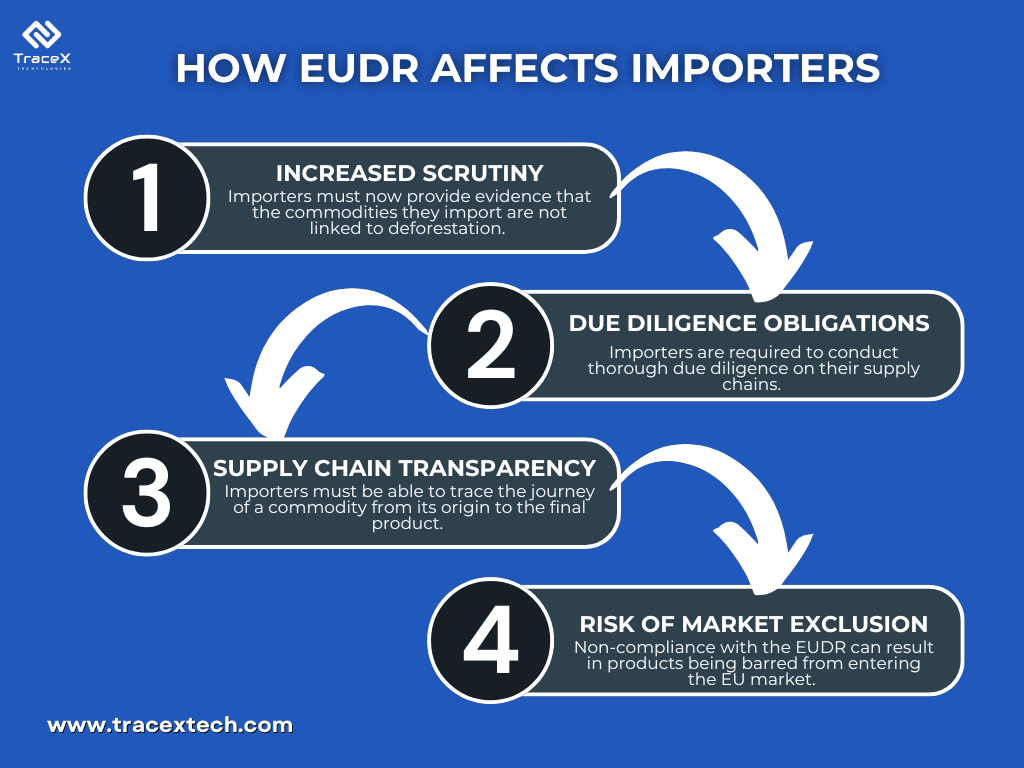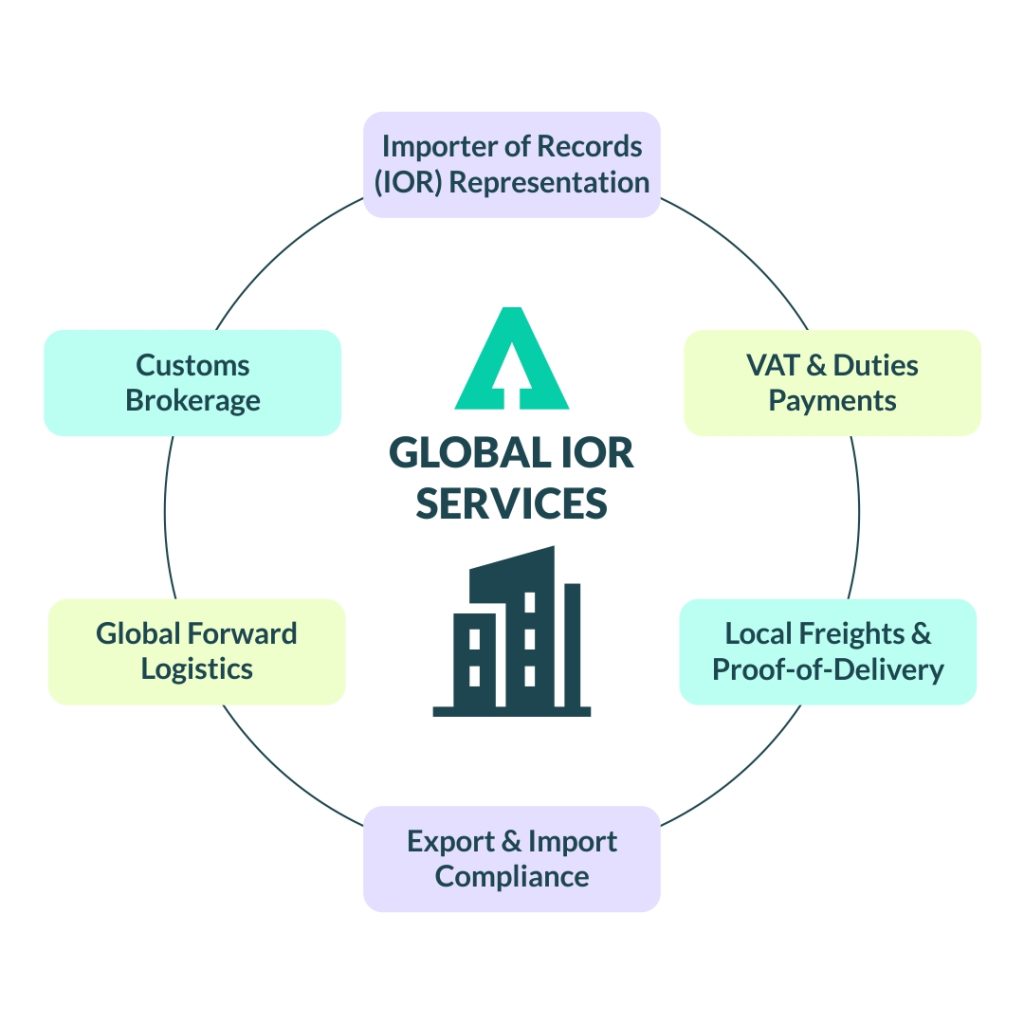Regulatory compliance and product safety standards for U.S. imports require importers to ensure their products meet specific federal agency regulations, safety standards, labeling, and certification requirements before entry into the U.S. market.
Key points include:
-
Customs and Border Protection (CBP) oversees import regulation and enforces compliance with U.S. laws, requiring accurate product classification under the Harmonized System (HS), submission of CBP Form 7501 (Entry Summary), and coordination with other agencies for restricted or dual-use items.
-
Consumer Product Safety Commission (CPSC) mandates that consumer products comply with applicable safety standards, labeling, and certification. Products failing to meet these standards or presenting substantial hazards are refused entry or recalled. Importers are responsible for compliance, including children’s products under the CPSIA, which require lab testing, certification, and permanent tracking labels.
-
Food and Drug Administration (FDA) regulates imports of food, drugs, cosmetics, medical devices, and biologics. Compliance involves meeting safety, efficacy, labeling, and manufacturing standards, with required documentation proving adherence.
-
Other agencies include the USDA (for agricultural products), APHIS (animal and plant health), FCC (electronics and telecommunications equipment compliance), and ATF (alcohol-containing products).
-
Labeling requirements are critical and must conform to standards such as ASTM, UL, and CPSC rules. Importers must create and maintain labels and documentation; suppliers are not responsible for U.S. compliance.
-
Certificates of Compliance must be issued by importers certifying that products meet all applicable safety rules, bans, and standards. This is legally required under the Consumer Product Safety Act (CPSA), with stricter rules for children’s products effective July 2026.
-
Non-compliance risks include shipment rejection, fines, product confiscation, recalls, legal liability, and damage to business reputation. Importers must exercise “reasonable care” to comply with all customs and safety regulations.
In summary, importers into the U.S. must navigate a complex regulatory environment involving multiple federal agencies, ensure product safety through testing and certification, maintain accurate labeling, and submit proper documentation to avoid penalties and ensure market access.




















WebSeoSG offers the highest quality website traffic services in Singapore. We provide a variety of traffic services for our clients, including website traffic, desktop traffic, mobile traffic, Google traffic, search traffic, eCommerce traffic, YouTube traffic, and TikTok traffic. Our website boasts a 100% customer satisfaction rate, so you can confidently purchase large amounts of SEO traffic online. For just 40 SGD per month, you can immediately increase website traffic, improve SEO performance, and boost sales!
Having trouble choosing a traffic package? Contact us, and our staff will assist you.
Free consultation